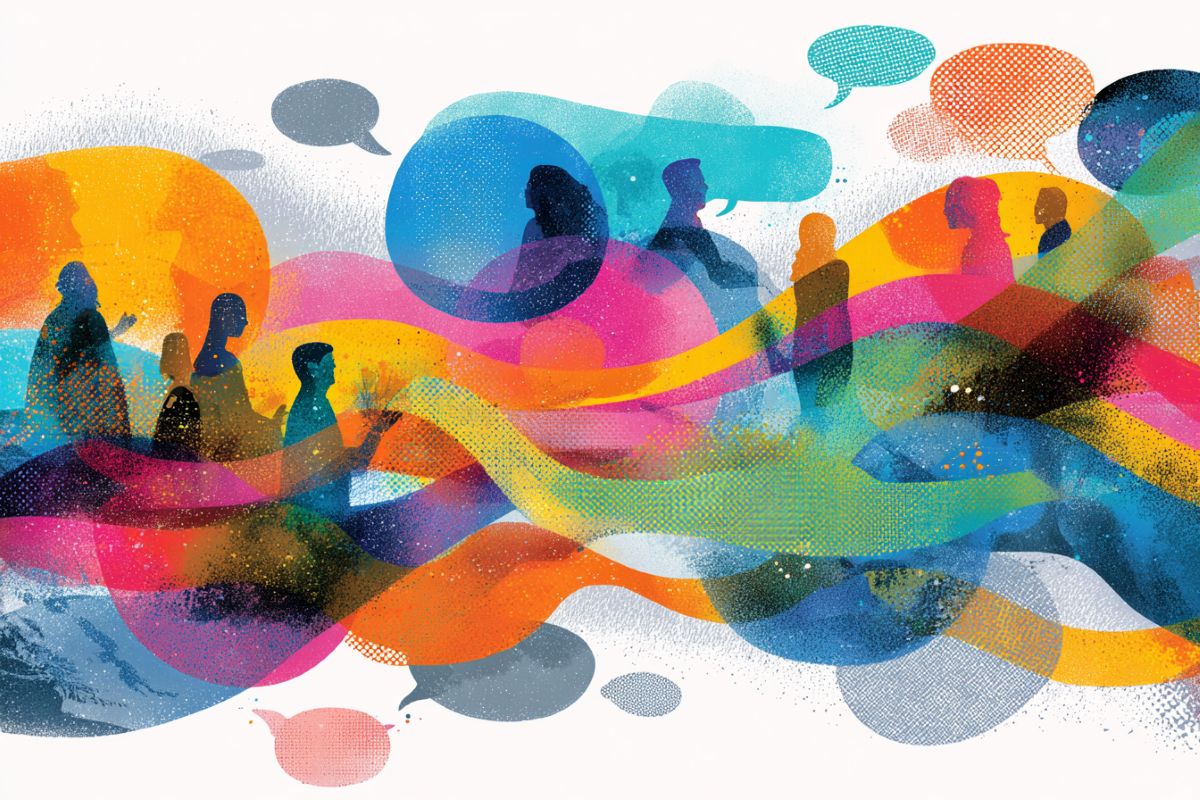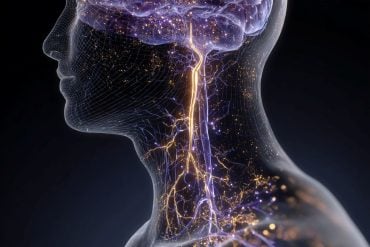Summary: For decades, scholars believed children’s speech errors were the seeds of language change, but new research challenges that view. The study argues that everyday language use among adolescents and adults, not children, is the real driver of linguistic evolution.
Children typically recover from their mistakes, which rarely spread, whereas adults adapt and innovate in social contexts where new forms can take hold. This reframing emphasizes the need to study social and cultural dynamics, rather than only acquisition errors, to understand how languages evolve.
Key Facts
- Children’s Errors: Early mistakes are temporary and lack the social influence needed to spread.
- Agents of Change: Adolescents and adults drive linguistic evolution through innovation and social interaction.
- New Focus: Research should prioritize broader social and historical factors behind language change.
Source: Max Planck Institute
For more than a century, scholars have repeated a powerful idea: that the mistakes children make when learning to speak are the seeds of language change.
From 19th-century linguist Henry Sweet’s famous claim that “if languages were learnt perfectly by the children of each generation, then languages would not change,” to contemporary studies, the notion that children drive language evolution has been pervasive in linguistics, psychology, and even popular understanding.
The new theoretical paper “Children are not the main agents of language change” argues that this popular belief is unfounded: language change is not the result of children’s acquisition errors. Instead, the real engine of change is everyday language use among older speakers, with adolescents and young adults being the more likely agents of change.
The role of everyday language use
“We show that the mistakes made my small children acquiring their first language are not likely to persist and to spread to the wider community. language change is more likely to emerge from the ways adults and adolescents adapt, innovate, and interact in real communicative settings,” the authors explain. “children recover from most of their cute mistakes as they grow older, and anyway lack the social stance required for us to copy them”.
The paper reviews classic arguments for the child-driven view and finds little evidence that early learning mistakes spread through communities. Instead, it highlights the social authority, creative expression, and interactional flexibility of adolescents and adults as potential factors that enable new linguistic forms to take hold and persist.
Reframing the debate
Beyond reframing the academic debate, the authors emphasize the importance of correcting a misconception that is also widespread in public discussions about language. They hope the paper will encourage researchers to scrutinize the empirical evidence underlying their claims – even when those claims have been repeated for decades.
“We see the main value of our work in encouraging a better allocation of research resources,” the authors note.
“Rather than focusing narrowly on acquisition errors in children, we should explore the broader social, historical, and interactional processes that underpin language emergence and change. This approach promises better explanations for how and why languages evolve.”
By de-emphasizing the role of child learners and foregrounding the role of language use by adolescents and adults, the study calls for a shift in how linguistic change is studied and taught. It urges the field to look beyond universal cognitive biases and give greater attention to the social contexts in which people use language.
About this language evolution and neuroscience research news
Author: Anniek Corporaal
Source: Max Planck Institute
Contact: Anniek Corporaal – Max Planck Institute
Image: The image is credited to Neuroscience News
Original Research: The findings will appear in Psychological Review







